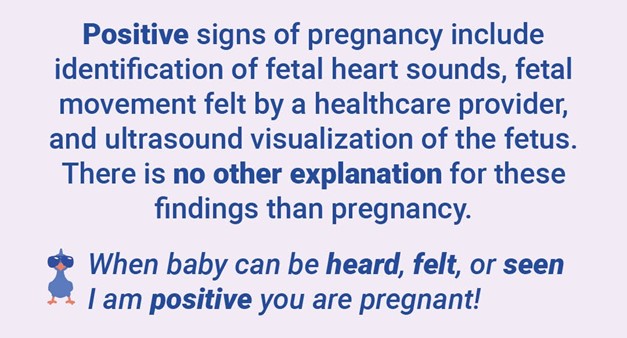What should the nurse stress in a teaching plan for the mother of an 11-year-old diagnosed with ulcerative colitis?
Preventing the spread of illness to others.
Nutritional guidance and preventing constipation.
Teaching daily use of enemas.
Coping with stress and avoiding triggers.
The Correct Answer is D
Ulcerative colitis is a chronic inflammatory bowel disease that causes diarrhea, pain, and bleeding in the colon. Stress and certain foods can trigger or worsen the symptoms, so it is important to teach the mother how to help her son cope with stress and avoid triggers.
Choice A is wrong because ulcerative colitis is not an infectious disease that can spread to others.
Choice B is wrong because ulcerative colitis causes diarrhea, not constipation. Nutritional guidance is important, but not the main focus of teaching.
Choice C is wrong because the daily use of enemas is not part of the treatment plan for ulcerative colitis. Enemas can irritate the colon and cause more inflammation.
Nursing Test Bank
Naxlex Comprehensive Predictor Exams
Related Questions
Correct Answer is ["A","B","C","D"]
Explanation

These are all positive signs of pregnancy, which are definitive and can only be explained by the presence of a fetus.A positive sign of pregnancy is fetal movement palpated by the nurse-midwife.
Choice E is wrong because a positive hCG test is a probable sign of pregnancy, not a positive one.A probable sign of pregnancy is strongly suggestive of pregnancy but could have other causes.A positive hCG test could be caused by medications, tumors, or other conditions that affect the level of hCG in the blood or urine.
Some other probable signs of pregnancy are uterine enlargement, Hegar’s sign (softening of the lower uterine segment), Goodell’s sign (softening of the cervix), Chadwick’s sign (bluish discoloration of the cervix), ballottement (rebound of the fetus when tapped by the examiner’s finger), Braxton Hicks contractions (painless, irregular uterine contractions), and positive pregnancy test.
Some other positive signs of pregnancy are identification of fetal heartbeat, visualization of the fetus by ultrasound or x-ray, and verification of fetal movement by an experienced clinician.
Correct Answer is A
Explanation
“You may need to increase the caloric density of your infant’s formula.” This is because infants with heart failure have increased metabolic needs and may not be able to consume enough volume to meet their nutritional requirements. Increasing the caloric density of the formula can help them achieve adequate growth and development without overloading their heart.
Choice B is wrong because feeding the baby every 2 hours may cause fatigue and dehydration. Infants with heart failure should be fed every 3 to 4 hours or on demand.
Choice C is wrong because increasing the amount of formula may cause fluid retention and worsen heart failure. Infants with heart failure should be fed small, frequent amounts of formula.
Choice D is wrong because placing a nasal oxygen cannula on the infant during and after each feeding may not be necessary or beneficial. Oxygen therapy should be prescribed by a physician based on the infant’s oxygen saturation levels and clinical signs of hypoxia.
Whether you are a student looking to ace your exams or a practicing nurse seeking to enhance your expertise , our nursing education contents will empower you with the confidence and competence to make a difference in the lives of patients and become a respected leader in the healthcare field.
Visit Naxlex, invest in your future and unlock endless possibilities with our unparalleled nursing education contents today
Report Wrong Answer on the Current Question
Do you disagree with the answer? If yes, what is your expected answer? Explain.
Kindly be descriptive with the issue you are facing.
